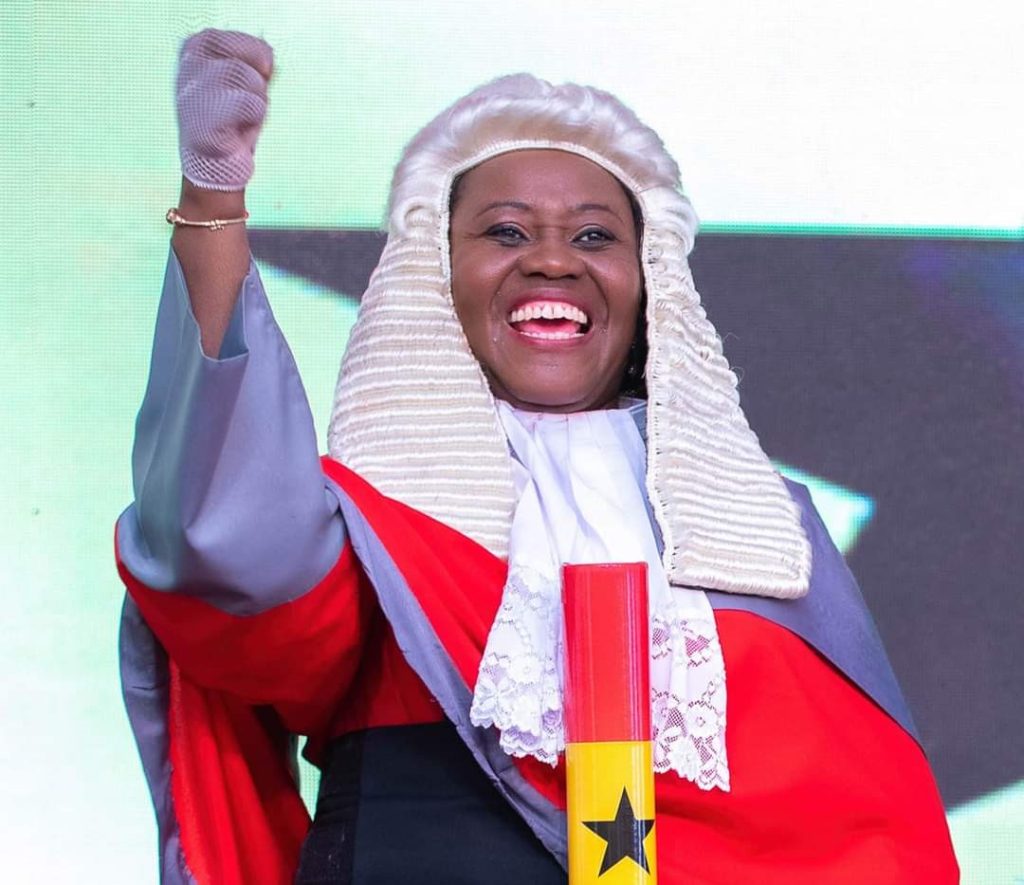Law Lecturer at the University of Ghana, Prof. Kwadwo Appiagyei-Atua, has stated that former Chief Justice Gertrude Araba Esaaba Sackey Torkornoo retains the right to return to the Supreme Court bench despite her removal from office.
President John Dramani Mahama, on Monday, September 1, 2025, formally removed Justice Torkornoo in accordance with Article 146(9) of the 1992 Constitution. The decision followed the recommendation of a constitutional committee established under Article 146(6) to investigate a petition filed by a Ghanaian citizen, Mr. Daniel Ofori. Her removal took immediate effect.
Speaking on Eyewitness News with Umaru Sanda Amadu, Prof. Appiagyei-Atua explained that her removal as Chief Justice does not automatically strip her of her position as a justice of the Supreme Court.
“It can also be the case that the President can retire her on a package that will ensure that she doesn’t go back to the bench as a Justice of the Supreme Court. But I think that it is in her right if she wants to go back and sit as a justice of the Supreme Court. I think she can do that,” he said.
Background
On April 22, 2025, President Mahama suspended Chief Justice Torkornoo from office after a prima facie case was established against her following three separate petitions alleging misconduct and incompetence.
Acting under Article 146(6), the President, in consultation with the Council of State, appointed a five-member panel chaired by Justice Gabriel Scott Pwamang to investigate the matter. Other members included Justice Samuel Adibu-Asiedu, former Auditor-General Daniel Yaw Domelevo, Major Flora Bazaanura Dalugo, and Professor James Sefah-Dzisah.
Justice Paul Baffoe-Bonnie, the most senior judge of the Supreme Court, was appointed acting Chief Justice during the investigation.
The suspension sparked widespread controversy. The Ghana Bar Association (GBA) described the move as unconstitutional, arguing that the President had failed to publish the required Constitutional Instrument under Article 296. The Centre for Democratic Movement (CDM) also rejected the process, claiming the inquiry panel lacked transparency and impartiality.
Justice Torkornoo herself denounced the proceedings as “arbitrary” and “cruel,” insisting she would not resign as that would amount to surrendering her constitutional right to defend herself. The opposition New Patriotic Party (NPP) echoed these concerns, warning that her removal undermined judicial independence and threatened democratic governance.

